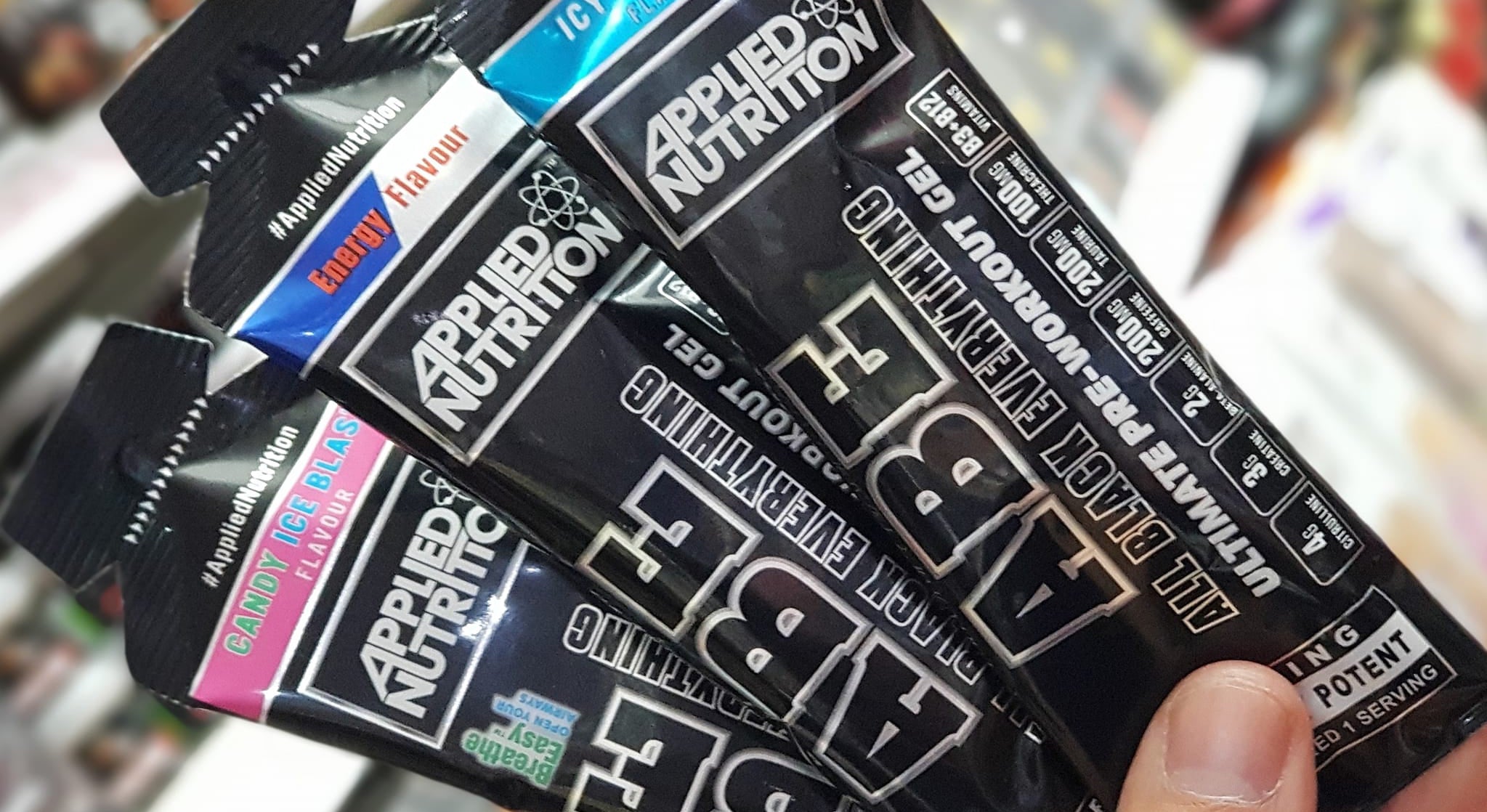
For fitness enthusiasts, finding the right pre-workout supplement can significantly impact their training performance and results. Among the plethora of options available, pre-workout gels and powders have gained popularity for their convenience and effectiveness. Both offer a quick and efficient way to boost energy levels, enhance focus, and maximize workouts. In this article, we'll explore the differences between pre-workout gels and powders to help you make an informed choice based on your fitness goals and preferences.
Pre-workout powders have been a staple in the fitness community for years. They are typically sold in large tubs, containing a blend of ingredients such as caffeine, creatine, beta-alanine, and other performance-enhancing compounds. To consume, users need to mix the powder with water or a beverage of their choice and drink it before exercise. The advantage of powders lies in the variety of flavors and the ability to customize the dosage according to individual needs.
On the other hand, pre-workout gels are a relatively newer addition to the market. These gels come in small, single-serving packets, making them incredibly portable and mess-free. Users can simply tear open the packet and consume the gel directly without the need for mixing or measuring. Like powders, pre-workout gels contain similar active ingredients, targeting improved endurance, strength, and mental focus during workouts.
One significant difference between the two forms is the rate of absorption. Gels, being in liquid form, are typically absorbed faster by the body compared to powders. This quick absorption can lead to a rapid spike in energy, making gels an excellent choice for those seeking an immediate boost before short, intense workouts. On the other hand, pre-workout powders may take a bit longer to take effect but can provide a sustained energy release during longer training sessions.
The taste and texture also set these two options apart. Pre-workout powders come in various flavors, allowing users to choose one that suits their taste preferences. Some people may find powders more palatable when mixed with flavored beverages. Pre-workout gels, on the other hand, often have a more concentrated taste and a thicker consistency, which may not be as appealing to everyone.
Additionally, individuals with specific dietary requirements or allergies need to scrutinize the ingredients in both options. Powders may contain fillers, artificial flavors, and sweeteners, which could be problematic for those with dietary restrictions. Gels, being more concentrated, might have a shorter ingredient list, but it's essential to check for any potential allergens or additives.
Ultimately, the choice between pre-workout gels and powders comes down to personal preference and workout routine. If convenience and quick energy are paramount, pre-workout gels might be the ideal choice. On the other hand, if you prefer customization and a wider range of flavors, pre-workout powders could be the better option.
In conclusion, both pre-workout gels and powders have their pros and cons, and there is no one-size-fits-all solution. It's essential to consider factors such as absorption speed, taste, and individual dietary needs before making a decision. Whichever option you choose, remember that pre-workout supplements are intended to complement a well-balanced diet and consistent training regimen, helping you achieve your fitness goals more efficiently. As with any supplement, it's advisable to consult with a healthcare professional or fitness expert before incorporating pre-workout products into your routine.


Share:
Sustaining Peak Performance in the Golden Years
Protein intake to build muscle